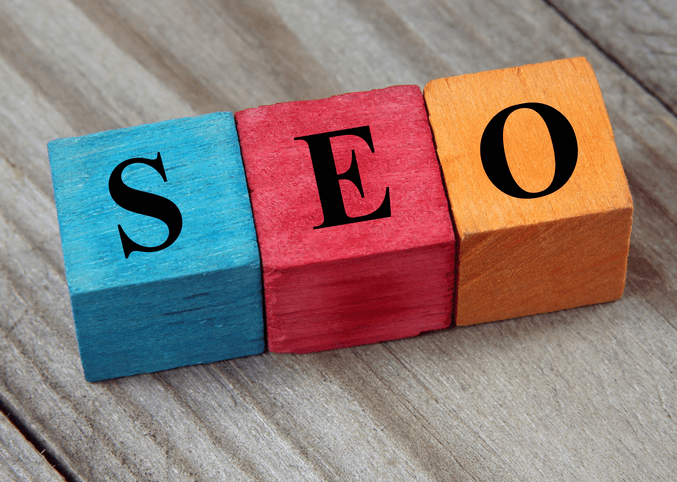As an SEO guy, I get asked specific questions so often I wish I could copy and paste the answers word for word from my memory. Since this happens so much, I thought it would be helpful to put these frequently asked questions and my answers into a blog series. Here are my first five:
1. How long does the SEO process take?
Remember that Search Engine Optimization is an investment in your site. It is not something you do on and off whenever it is convenient. Like other financial investments, it may take some time to gain traction. At The Brandon Agency, we recently refined our SEO processes and determined that some sites could take upwards of two years to reach “cruising altitude.” However, we generally suggest that you should not expect to see big changes for three to six months after beginning SEO, depending on the industry and competition.
2. What’s your secret to SEO?
This is my favorite FAQ, because people think I have some incredible skill. Nope, it’s all smoke and mirrors … Next question?
OK, fine, I’ll share a little bit. We’ve made an effort at The Brandon Agency to ensure everything we do is very white-hat. This keeps us from having to chase the algorithm and make drastic changes with every new update. The broad secret of ours is to actually think ahead of the algorithm. What is Google’s end goal? It is to provide the best, most relevant results to the searcher. So the SEO strategy should line up with that: to give the best, most relevant result to someone searching your target keywords and to be respected as an authority on the subject. If you can get your site to do that, you’re in the clear. That’s all I’ll say. If I told you more, I’d have to kill you. It’s in my job description.
3. Why is pre-live SEO included in launching a new site?
Improperly launching a site is a fantastic way to put all of your SEO work into an Etch A Sketch and shake it violently, especially if you are launching under a new domain. The most important thing is to remain findable and relevant. It’s also important to be sure that there is a good 404 page, HTML heading tags are properly optimized, and title tags and meta descriptions are written with click-through-rate in mind. The SEO team should be involved in the building of a site from inception to launch in order to maintain and improve rankings.
4. We’ve been doing SEO for a while. Why haven’t our sales improved much?
The answer to this one tends to be a tough pill for some to swallow. The truth is that SEO doesn’t necessarily drive sales (or other conversions); a conversion is just one of the metrics we use to measure success. The purpose of search engine optimization is to give a website the best tools for increasing traffic. Once a visitor is on the site, the SEO team passes the torch to an analytical team to test different parts of the site and optimize it for conversions across any channel. But, because conversions are still a metric we take into account in SEO, we will adjust the strategy if the traffic is unqualified.
5. What search engines do you optimize for?
It is no surprise that Google is among the most popular search engines. In the U.S., Google holds roughly 67 percent of the search engine market share, while countries in Europe and South America see Google market shares over 95 percent. This is one reason we report rank information almost exclusively on Google. Another reason we focus on Google is its advanced search algorithm. When we actively tracked other search engine rankings, it seemed like Bing and Yahoo eventually mimicked the Google rankings on a few months’ lag. In the rare case that your site gets the most benefit from Bing or Yahoo, we can get rankings and optimize for that search engine. This has never come across my desk, though.
Do you have some SEO questions of your own? Ask it in the comments below or contact us at The Brandon Agency. Who knows, maybe your question will end up in the next edition.

